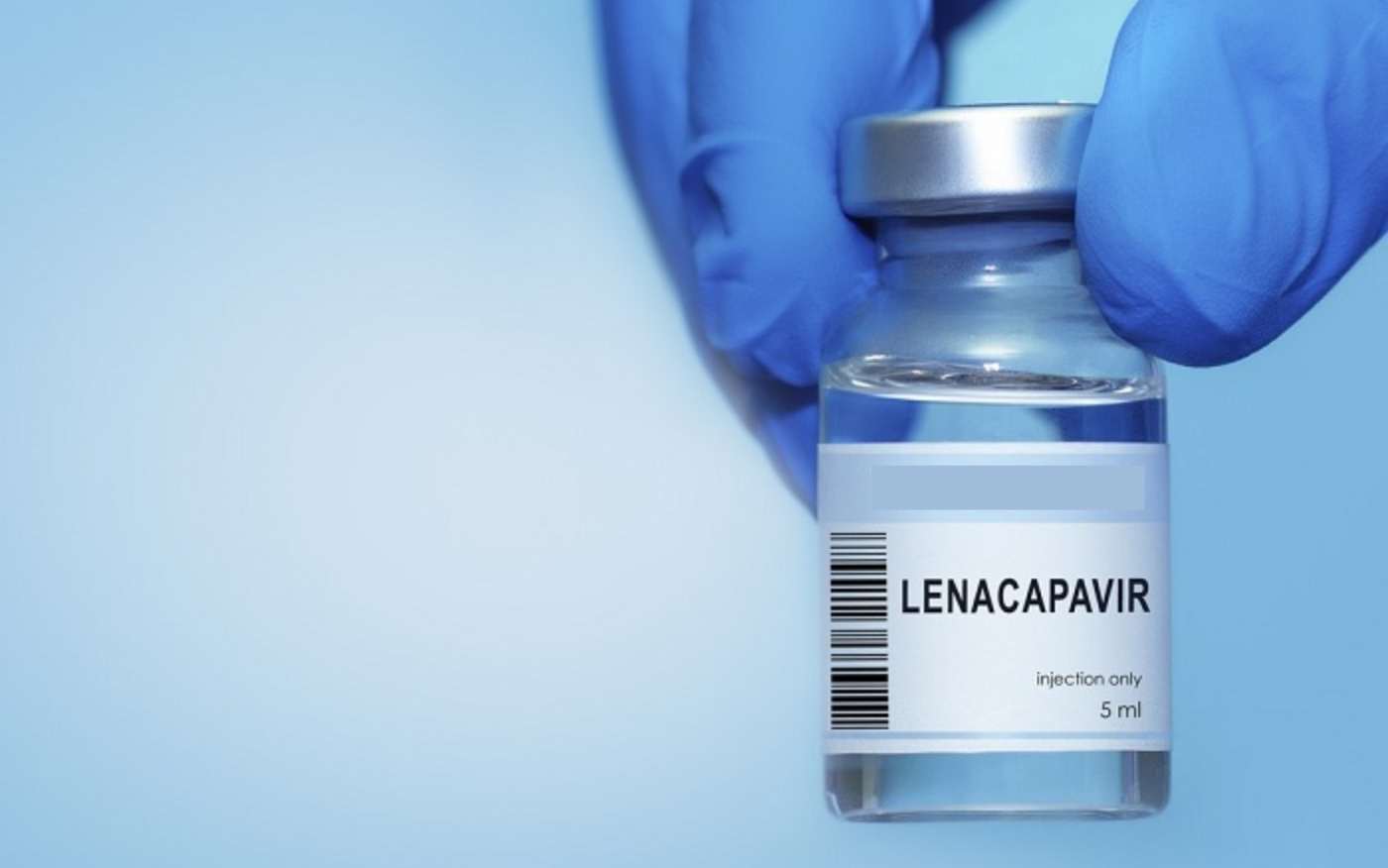A series of significant victories in Argentina by Fundación GEP, a member of the Make Medicines Affordable campaign, marks a major step forward in the fight for equitable access to treatment. The organization successfully opposed patent applications for the combination of cabotegravir + rilpivirine (CAB/RIL) and Lenacapavir, two medicines used for prevention and treatment of HIV. These milestones are a major win for Fundación GEP and the 140,000 people in Argentina who live with HIV.
The filing of oppositions is a fundamental strategic line of the FGEP’s Health Access Program, which allows the prevention and removal of barriers generated by intellectual property, the promotion of local production, and universal access to treatments at affordable prices.
“These positive outcomes show that ‘patentability guidelines’ and patent oppositions are effective instruments and more valid than ever to prevent the granting of patents that do not bring real innovation in the terms required by TRIPS,” said Lorena Di Giano, Executive Director of Fundación GEP. “We recommend that countries and organizations working on access to medical technologies prioritize the adoption and use of these instruments in their territories.”
Janssen and ViiV Abandon Evergreening of CAB/RIL
Argentina’s patent office INPI declared the application on patenting the combination of cabotegravir + rilpivirine (CAB/RIL) to be “forcefully withdrawn” on 30 May 2025, because the applicant — pharmaceutical giants Janssen and ViiV — failed to to respond to the third-party opposition filed on 4th April 2025 by Fundación GEP. Long-acting cabotegravir and rilpivirine reduces the number of doses needed for effective HIV treatment, from daily pills to injections once every eight weeks. This reduces stigma for people living with HIV and makes it possible for them to better adhere to their treatment schedule.
In Argentina, there was no patent application for cabotegravir, and the patent for rilpivirine expired. Janssen and ViiV’s attempted to patent the combination of these existing drugs, while it does not constitute a novel product or process. “This attempt to monopolize the combination of drugs is clearly an evergreening maneuver, implying the intention to perpetuate a monopoly on two already known drugs. It is expressly prohibited by Argentine patent law,” said Di Giano.
The application (application number AR112282A1 and publication number P20180102032) sought to patent the combination of these drugs and would have granted Janssen and ViiV an unjustified monopoly, which would have, in turn, made CAB/RIL inaccessible to those who need it the most. Instead, successful intervention by Argentinean civil society organization Fundación GEP prevented a patent from being granted, safeguarding access to future generic versions of long-acting HIV treatment and prevention options.
Argentina´s INPI Rejects Patent Applications on lenacapavir
A patent application on Lenacapavir — against which FGEP filed a pre-grant patent opposition in 2023 — was declared abandoned by INPI on 31 January 2025, as the applicant could not refute the opposition by Fundación GEP in a timely manner.
Lenacapavir is given as twice-yearly injections and used to treat resistant HIV and declared “the innovation of the year” by Science magazine, after results of clinical trials demonstrated an effectiveness in preventing HIV transmission of more than 96 percent. Hailed as a groundbreaking treatment, lenacapavir could be the answer to responding to a global HIV crisis if it is made widely accessible, according to HIV researchers who have made the case for compulsory licensing.
Gilead Science, the company who developed lenacapavir, failed to respond to the opposition of their patent (application number AR115865A2 and file number P20190102131) by interested parties including Fundación GEP, which state the lack of novelty and inventive step of the compound which is needed to obtain a monopoly on the drug in Argentina.
“Gilead’s behaviour is a clear example of how pharmaceutical companies have no scruples when it comes to monopolising access to vital medicines,” said José María Di Bello, a Fundación GEP board member. “Through aggressive and manipulative lobbying, Gilead has attempted to create a gigantic artificial demand for Lenacapavir, mobilising both communities affected by HIV and the scientific-academic community, in addition to advocacy at the WHO level, while seeking to secure patents around the world to obtain monopolies that allow them to impose exorbitant and exclusionary prices,” she stated.
This patent rejection is promising news for the accessibility of Lenacapavir, which can be produced for USD 40, although Gilead markets this drug at USD 44,000 per person per year.
“This is a victory for public health. In countries excluded from voluntary licenses, such as all South American countries, including Argentina, it is essential that we make efforts from the organized community, but also from governments, to adopt and use effective instruments to stop the abuse of pharmaceutical companies. Especially if we have local capacity to produce,” said Di Giano.
Fundación GEP has filed 29 oppositions to patent applications in Argentina, concerning drugs to treat HIV, Hepatitis C, breast cancer, tuberculosis, as well as vaccines and treatments for COVID-19. To date, sixteen of these patents have been rejected or withdrawn for not meeting the patentability requirements, increasing accessibility and affordability of life-saving treatments.

